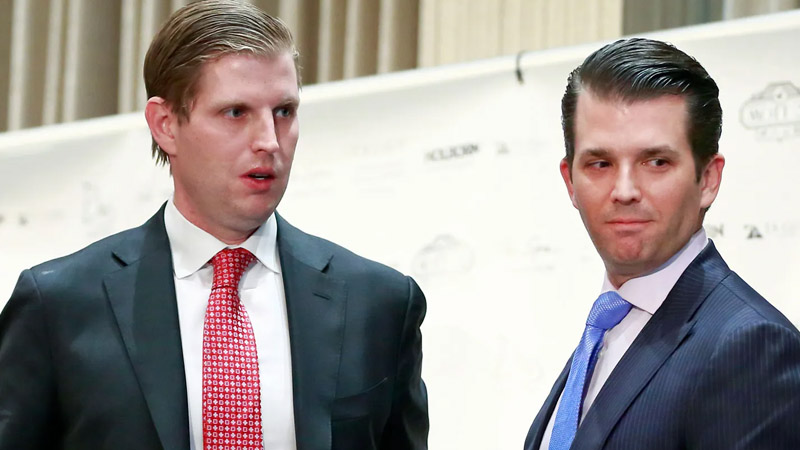The debate over whether the presence of Melania Trump in the courtroom could sway jurors in Donald Trump’s hush money trial has elicited mixed opinions among legal analysts and former prosecutors. While some believe her attendance might garner sympathy for the former president, others see potential risks in having family members visibly aligned with Trump during the proceedings.
A former Manhattan prosecutor discussed the strategic implications of family presence at the trial, emphasizing the potential influence on jury perceptions. This conversation among legal experts revealed varied views on the impact of Melania Trump’s appearance.
While one analyst noted that her presence could be seen as a strong sign of familial support during a challenging time, another perspective suggested that it might also underscore the gravity and seriousness of the accusations against Trump, who faces 34 felony charges related to alleged payments made to silence an adult film star.
In an interview with Business Insider, Justin Danilewitz, a former federal prosecutor, shared his thoughts on the matter. He acknowledged that typically, the presence of a spouse in court signals solidarity and support which could be beneficial to the defendant’s image.
However, he also pointed out that in this particular case, having Melania present might contradict the defense strategy, which seems to be portraying the trial as trivial and undeserving of serious attention—not only from the defendant but also from his closest family members.
Adding to the conversation, Mark Bederow, a criminal defense attorney and former Manhattan district attorney prosecutor, advised against having Donald Trump Jr. and Eric Trump appear in the courtroom. Bederow highlighted the possibility that the presence of Trump’s sons could reinforce negative perceptions among jurors, particularly those already disinclined to view Donald Trump favorably.
He noted that both sons are highly visible in the media and active in political advocacy, defending their father’s actions and policies. Their involvement in these public arenas might remind jurors of aspects of the Trump brand that they find unappealing.
Bederow’s advice underscores a strategic consideration for the defense: the impact of family dynamics on jury perceptions in high-profile trials. The decision to include or exclude certain family members from the courtroom is not merely a personal choice but a tactical one that could influence the outcome of the trial.
As the trial progresses, the presence or absence of Trump’s family members, including his sons and Melania, will likely continue to be a topic of discussion and analysis, reflecting broader themes of loyalty, public image, and strategy within the legal battle.

